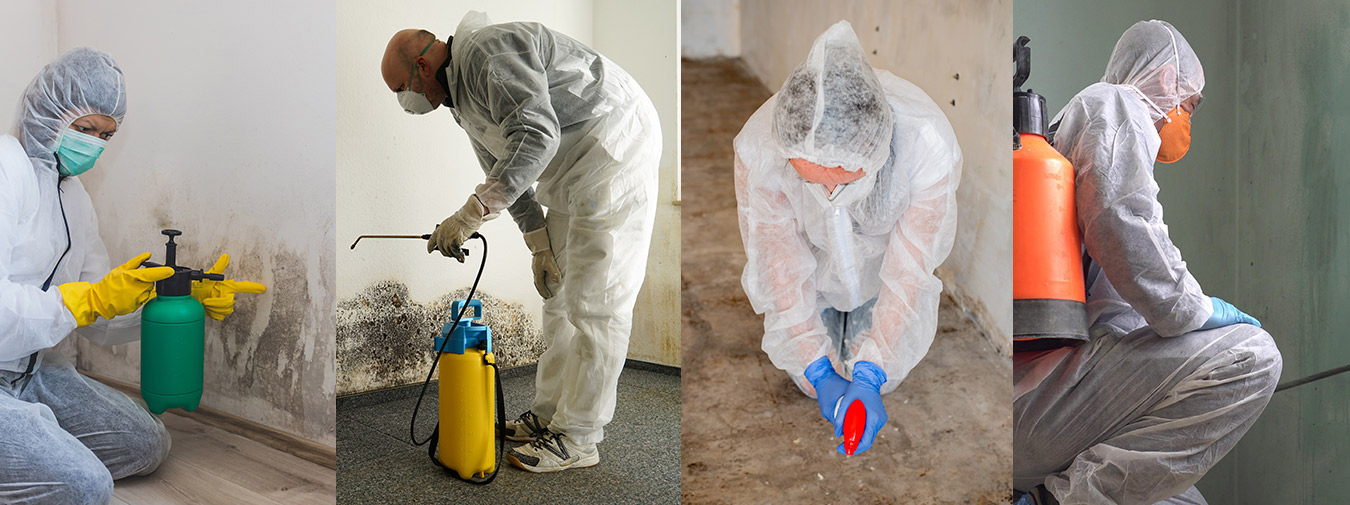How to Reduce Mold in the Home
Open the Windows
Thankfully, it’s summertime. That means warmer temps across the country. Many homeowners use this as an excuse to open windows and let the fresh air inside. Not only is it pleasant to the senses, but fresh air can also help dilute airborne mold spores and create a healthier environment.
In a time when respiratory health is so crucial, it’s important to note that fresh air helps the airways of your lungs to dilate more fully and improves the cleansing action of your lungs. It is wonderful that something so simple as opening our windows can improve lung function and disinfect the indoor air!
Turn on the Air Filter
Not everyone can open their windows – or keep them open for long – due to rising energy costs, noise pollution, etc. However, anyone can use a HEPA air filter. Staying at home has never been more popular. What better time than now to ensure the air inside your house is safe. Air filters clean the air we breathe each day and lessen the toxic mold we’re inhaling into our lungs.
Balance Your Humidity
You may want to investigate if you might have a mold issue due to high humidity levels. High humidity levels inside the home can often contribute to or cause mold growth. The EPA suggests reducing humidity levels to 30-60% indoors (ideally 30-50%) in order to decrease and prevent mold.
A simple dehumidifier can help lower the humidity in your home. This makes your house less likely to have excessive mold growth. If you think your humidity levels are too high, check out your local Walmart or Target. Don’t want to get out? Check out the selection of air humidifiers for the home on Amazon. Just be sure to get the correct size for your space.
Fix Your Water Leaks
If your mold issue is not from high humidity, it is likely due to a water leak. Is your roof leaking? Do you have faulty plumbing that is allowing water to collect where it shouldn’t be? Now is a good time to do a little detective work. Find the source that is feeding your mold.
If you’re dealing with home mold growth, it’s important to note that the EPA recommends any mold problem should be examined by an expert mold inspector. Something to keep in mind, especially if you have health issues or respiratory problems.
Boost the Immune System
Healthy eating habits help our bodies fight mold exposure. So, in addition to taking external measures to reduce the mold you breathe, it’s also a good idea to avoid moldy foods. Focus on eating foods that help the body deal with mold.
These include:
- Leafy greens (kale and spinach)
- Cruciferous vegetables like cauliflower and broccoli
- Onions and garlic
- Most other vegetables, from asparagus to zucchini
- Herbs like basil, thyme, and cilantro
- Spices like ginger, cinnamon, and turmeric
- Organic butter and ghee
- Healthy oils like coconut and extra virgin olive
- Wild-caught fish like salmon, tuna, and mahi-mahi
- Grass-fed ground beef
- Organic, free-range poultry like chicken and turkey
- Chicken eggs
- Game meat like venison and bison
- Raw nuts and seeds like almonds and pepitas
- Herbal tea
Be careful when eating foods that might contain mold, such as dried fruit, processed and/or smoked meats, and alcoholic beverages. If you’re trying to detox from mold exposure, avoid these foods or consume in moderation.
TCB EnviroCorp Gets Rid of Mold
If you think you may have mold in your home or workplace, don’t ignore it. Check out some FAQs about mold growth and mold treatment. TCB EnviroCorp can help with mold inspection, mold remediation, water leaks, and indoor air quality testing. Our experts are here to answer your questions and create a plan to make your space mold-free.







